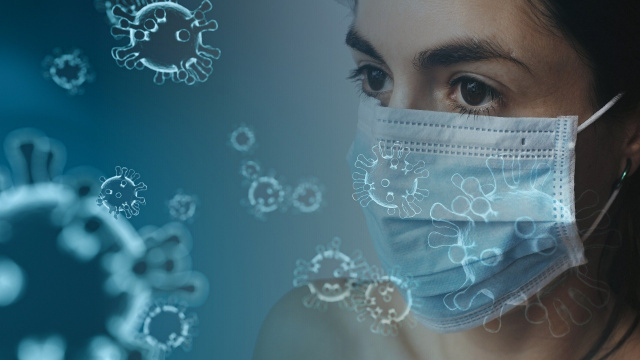One of the most important questions that COVID19 infected patients may be wondering is how long do I remain infected? And how long do I remain contagious. Families too may be wondering the same thing which is why a new study has researched and come up with a definite answer. According to the study, coronavirus patients stop being contagious after 11 days even if they keep testing positive for the virus.
New study conducted by Singapore scientists
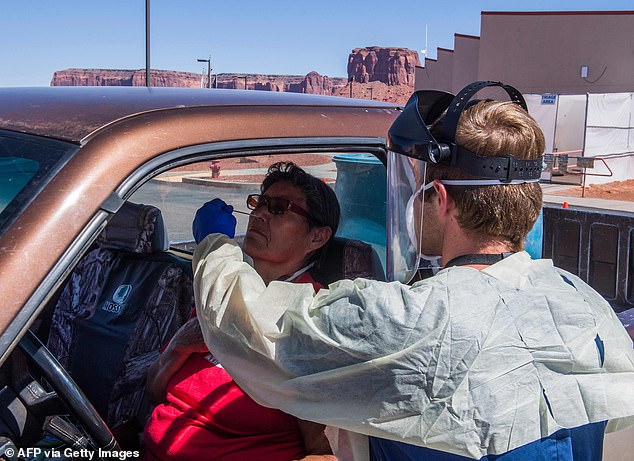
The study that was conducted by scientists from Singapore’s National Centre for Infectious Diseases and the Academy of Medicine, it was found that COVID19 patients can’t infect others after 11 days of being ill in spite of a test returning positive.
A person infected with the coronavirus is contagious two days after contracting the disease even if no symptoms or signs turn up. Patients will then remain contagious between 7 to 10 days once they start displaying symptoms of the disease.
The study involved 73 patients stricken with COVID19. The researchers tried finding out if the virus could be passed from those patients to others as was reported first in the New York Post. It was found that those patients who tested positive and had signs of the disease after two weeks stopped being infectious because they could have retained sections of the virus that was not contagious.
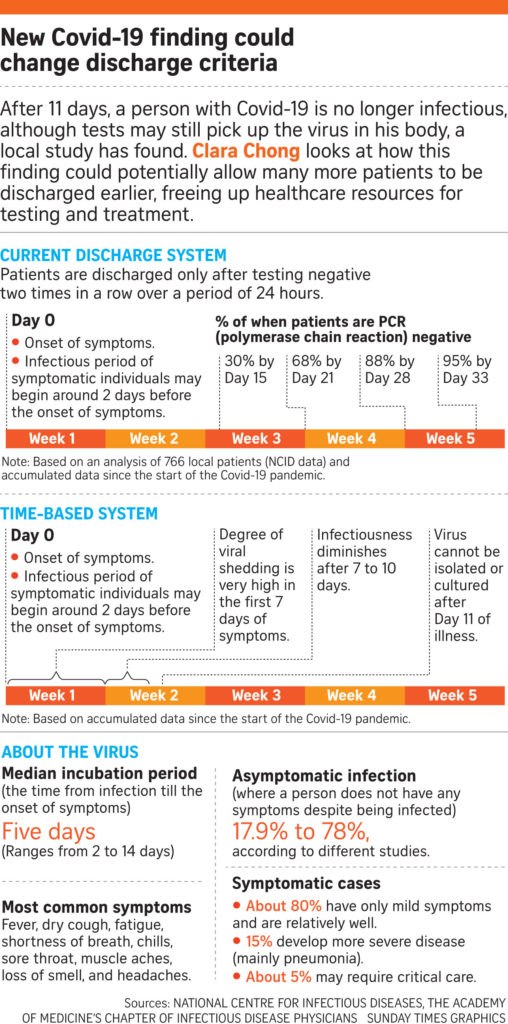
After being contagious for 7 to 10 days, they still had COVID 19 and displayed signs of it like fever and a new type of continuous cough, however they stopped being contagious. The researchers also confirmed that after 11 days, they weren’t able to isolate the virus or have it cultured meaning (to be placed within cell lines to see if it still has infectious abilities).
Excerpts from the study
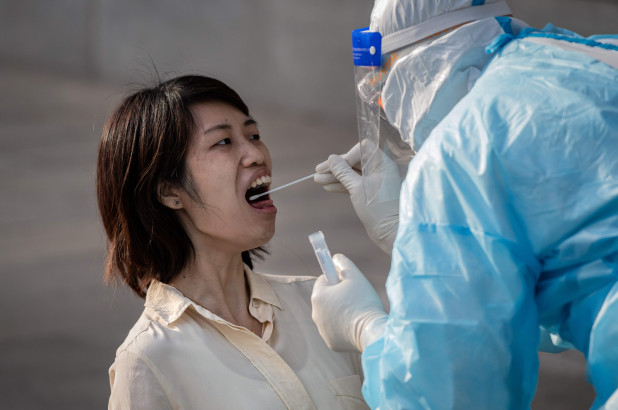
In the study the authors wrote, ‘Based on the accumulated data since the start of the COVID-19 pandemic, the infectious period of [coronavirus] in symptomatic individuals may begin around two days before the onset of symptoms, and persists for about seven to ten days after the onset of symptoms. Active viral replication drops quickly after the first week, and viable virus was not found after the second week of illness.’
The researchers felt that the study was significant because it could help doctors make well informed decisions about when to discharge patients to make room for new ones. In the US discharge protocols require a patient to be tested negative to be discharged. This could well change in the wake of the new findings. In fact, it could positively impact the management of COVID 19 which shows no sign of abetting in the US and parts of the world.
(Read what cleaning products can kill the coronavirus germs at home)
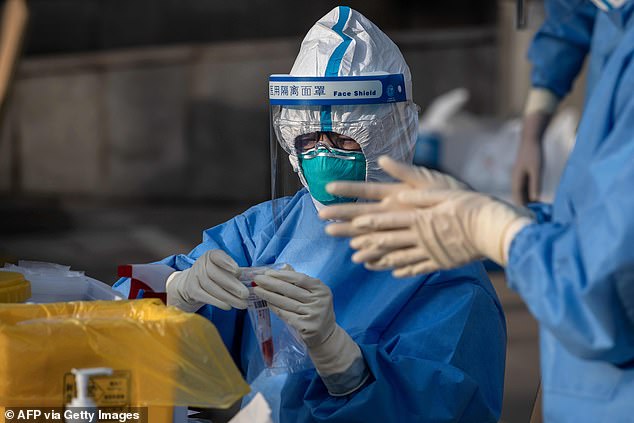
The study samples were small but the researchers were confident that the new discovery will also hold true for larger studies. In a report in the Singaporean daily Strait Times, NCID executive director Leo Yee-Sin said “Scientifically, I’m very confident that there is enough evidence that the person is no longer infectious after 11 days.”
The new information could help doctors decide when to send patients home
The research comes at an opportune time after a sudden surge in coronavirus figures in some countries like India which saw 8k new cases today even lock downs are being lifted and restrictions relaxed liberally. On the other hand, while the US saw 20K cases on the 1st of June, there was a drastic drop to around 9k cases today the 2nd of June which offers a flicker of hope that the curve could be flattened although it is too soon to judge. The UK too saw a 30% drop in fatalities since last Sunday. Hopefully, scientists are on the right track to see the defeat of COVID19, yet another menace that plagues society.
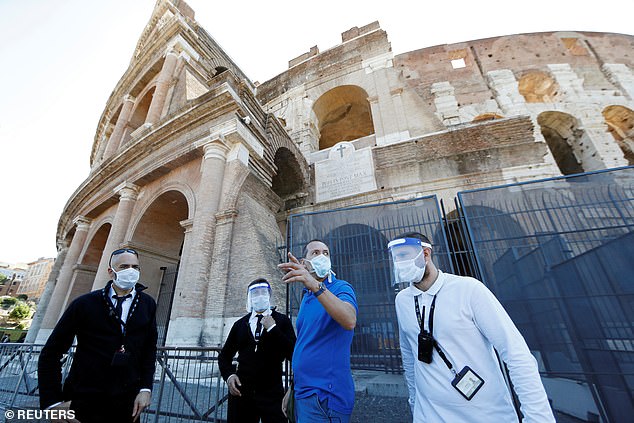
Scientists hope that the new research on the disease’s ability to spread could help hospitals figure out when to send admitted patients’ home.
